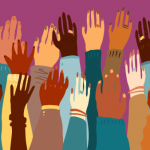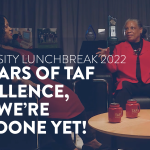
Leading Liberated: Why liberation pedagogy is the heart and foundation of TAF’s Network for Edwork
TAF is widely known for our school transformation program and STEMbyTAF modeled academies, but we also offer programming specifically designed to empower educators and leaders of color in all stages of their careers, from student teaching through administration. Formed from a need to dismantle and replace institutionalized racism in education, TAF’s professional development program Network for Edwork (NWEW) provides educators and leaders of color with tools to rethink how we can undo oppressive structures.
The Network for Edwork has two branches: the Martinez Fellowship Program and Education EnCounter. While Martinez focuses entirely on the development of early career educators, Education EnCounter supports those working at all levels of education, especially in administrative roles. Both programs offer practical frameworks, resources, and tools for growing professionals to thrive in their work as educators and leaders of color.
“If you’re an early career educator just starting out, or if you are a leader who has been in the game for 20 plus years, when you hear NWEW, we want you to think about liberation pedagogy. We want to support you as an educator to teach and lead as liberated.” says Dr. Raedell, Director of Network for Edwork.


Liberation pedagogy is a term sometimes heard in academia, but what is it and why is it at the heart of NWEW’s programming?
Originally coined by Paolo Freire, leading advocate of critical pedagogy and Brazilian educator, liberation pedagogy is an anti-oppressive educational approach designed to liberate minds and level the playing fields between teachers and students. In his foundational text “Pedagogy of the Oppressed”, Freire compares the traditional education system to a “banking model of education”, where students are treated as empty vessels waiting to be filled with knowledge through a top-down model by their teachers. This approach renders no meaningful connection to students’ realities and encourages passive learning through blunt memorization. Students are taught to accept what is handed to them without questioning the content, their teachers, or the world around them. Sound familiar?
On the contrary, liberation pedagogy flips the classroom on its head and treats students as co-creators of knowledge that learn alongside the teacher and have a say in what they learn. By centering student voice and choice, students are liberated to lead their learning and make meaningful connections to the world around them. This helps develop a critical consciousness in which students are empowered to identify, question and solve relevant problems in society rather than passively absorb knowledge for no other reason than to be tested on.
“It’s not just a bunch of tools. It’s about you understanding the importance of valuing students’ culture and communities, and then you finding meaningful ways to connect that to your classroom and your students.”
Dr. Raedell Cannie
Director of Network for Edwork (NWEW), TAF
So how does this fit into the Network for EdWork?
“We use liberation pedagogy as a framework for helping teachers and leaders think about how to bring their full selves into their work,” explains Cannie. “It’s an entry point for anyone and everyone to think about the ways that they’ve internalized oppression, how that plays out in their practice and how they can think about checking it and challenging it to be more liberated.”
The framework is explored through dedicated discussions, seminars, and practical tools that members of each program use to familiarize and apply liberation pedagogy in the classroom. One such tool, the Multicultural Teacher Capacity Scale, is a way for educators to assess the extent to which they promote equity within their classrooms based on a measurement of 11 characteristics recognized in culturally relevant pedagogy.
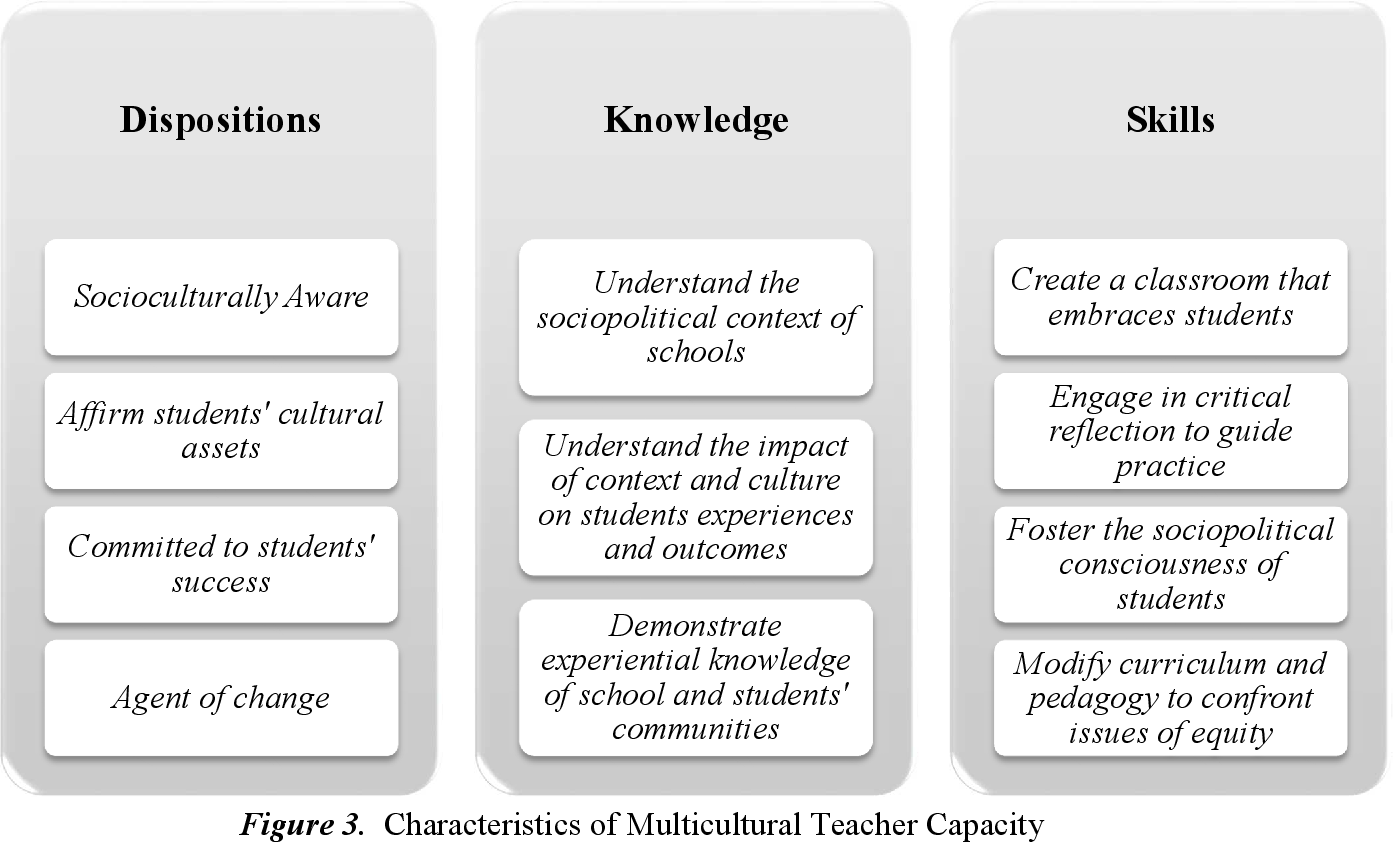
“When we’re talking about assessing ourselves and raising awareness of internalized oppression, the Multicultural Teacher Capacity Scale is a tangible tool that a fellow can look at and engage with to operationalize liberation pedagogy in their classroom and methodology,” explains Saara Kamal, Program Manager of Martinez Fellowship Program. “We give them these tools to explore the framework with, and then we give them time and space to do that in community with each other as a fellowship.”
Self-assessment in cultural competency and racial equity is crucial for teachers and leaders across the board, especially for our white peers. We must all relentlessly strive to weave culturally inclusive practices into our classrooms and schools in order to create space for our students, families, and communities of color to thrive. Liberation pedagogy is a way for us to do that by recognizing the ways in which we all partake in this predominantly white and oppressive educational system.
“It’s not just a bunch of tools. It’s about you understanding the importance of valuing students’ culture and communities, and then you finding meaningful ways to connect that to your classroom and your students,” explains Dr. Cannie. “I want people to understand what liberation is about, which is showing up how you want to and not feeling like you have to apologize or explain for who that is.”
So how do educators become liberated?
There are four sections of the pedagogy — recognize, undo, replace, and engage — that the Martinez Fellowship Program and Education EnCounter focus on to facilitate the journey to becoming a liberated leader. Members of the programs dive deeper into each section through NWEW’s annual seminar series, known as the Year of Intention. But, with the urgency of everything happening in the world, the focus this year has also been on addressing the slew of racial injustices impacting our Black and Brown communities.
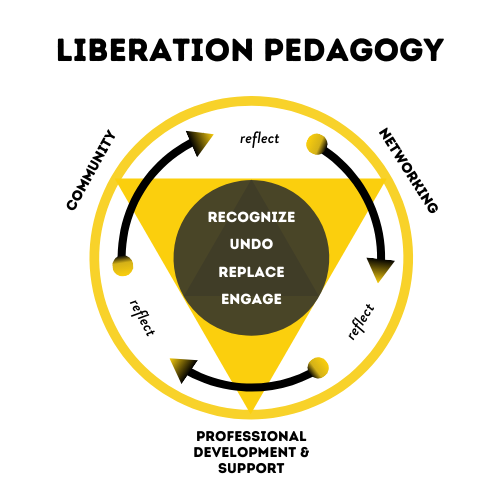
“I want our fellows to have a game plan. I don’t want them to be overwhelmed by this crippling sense of urgency of what is needed to be done in order to best serve all of their students in their communities.” explains Kamal. “The Year of Intention is about answering: How do I, as a new teacher, make a plan to sustain myself in a way that still touches on the things that are really important to me, but also allows me the freedom to learn, grow, and become the teacher I want to be and practice and try new things?”
Sustaining ourselves in this work is paramount. If we truly want to transform education and create lasting change, we need to approach this work responsibly. That means growing sustainably in line with our core values. It means addressing and fixing the kinks in the system that don’t work for ALL students. It means enhancing our practices to create equitable learning environments for our students and teachers of color. It means partnering with organizations, universities, and corporations that care about raising the next generation of innovative, compassionate professionals. We are all part of this educational ecosystem — it is up to us to keep it balanced and flourishing for our children.
Join us in this work to help build an equitable public education system together, one student at a time.
If you’re interested, you can support our work by donating now or partnering with us.


